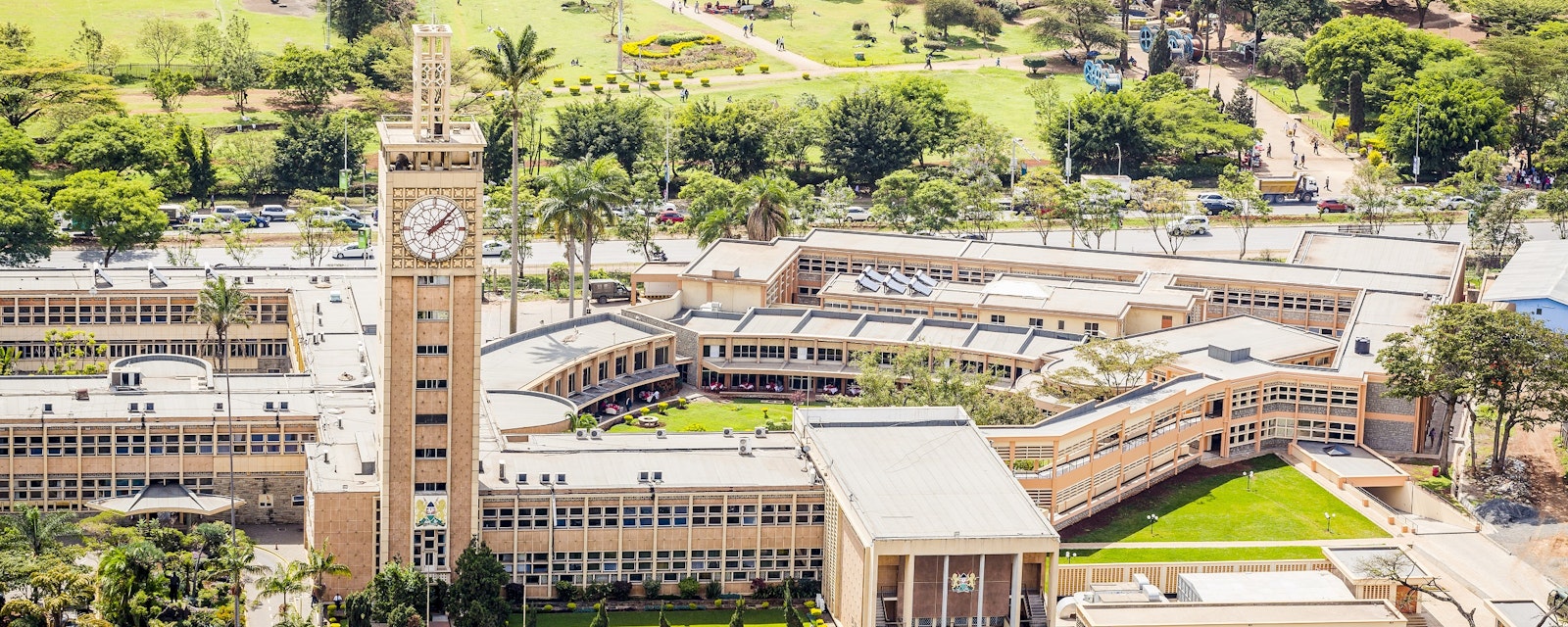To date, 22 sub-Saharan African countries have signed up for the G20 debt suspension initiative. A notable exception among eligible countries is Kenya, highlighting the sovereign's alarm over potential credit rating downgrades and damage to market reputation. Attempts to secure comprehensive private sector participation appear to have failed for now, but bigger debt restructuring troubles loom in 2021.
Who's In?
Over recent days, a growing number of eligible countries have confirmed their participation in the G20 Debt Service Suspension Initiative (DSSI) announced on 15 April. To date, 22 countries in sub-Saharan Africa (SSA) (including Nigeria and Angola) have applied for the initiative. The Paris Club has officially approved 11 applications so far (from Burkina Faso, Cameroon, Chad, Comoros, Republic of Congo, Cote d'Ivoire, Ethiopia, Mali, Mauritania, Niger, and Togo).
However, it is important to pay attention to the nuances and differences between applicant countries. On one end of the spectrum, Cote d'Ivoire's government has accompanied its request for a debt suspension from the official sector with an explicit statement that it does not intend to seek equal treatment from private creditors, as the original G20 declaration had exhorted. At the other extreme of the spectrum is Zambia. Its finance ministry confirmed on 14 June that it has similarly asked the Paris Club to allow it to suspend principal and interest payments to its official creditors under the DSSI. Yet potential bondholder pain was already signaled when Zambia previously announced its intention to restructure external debt of some USD 11bn from bilateral, multilateral, and private creditors, appointing advisers Lazard in late May.
Beyond the Paris Club, another question is how the participation of major official lenders like China will play out. A Chinese State Council White Paper released on 7 June stated that "China has actively participated in and acted upon the Debt Service Suspension Initiative of the G20. It has so far announced the suspension of debt repayments from 77 developing countries." Yet all further details seem murky for now, with the Paris Club indicating that "China is implementing waivers individually with each country." An essential question is which specific Chinese lending entities will participate and in what form. While the G20 plans likely apply to the two unlisted, 100% state-owned "policy banks" – the China Development Bank and the Export-Import Bank of China – it is less certain whether the same applies to the big "commercial banks" (like Industrial and Commercial Bank of China, China Construction Bank, Bank of China, and Agricultural Bank of China), which are majority but not fully state-owned, and which are under stronger pressure to prioritize commercial considerations than the policy banks.
Who's Out?
Kenya seems to be a notable exception among the eligible countries taking up the DSSI. The Kenyatta government initially ruled out its participation, despite its growing fiscal needs and increasing risk of debt distress (with public debt reaching 61.7% of GDP in 2019). The pandemic budget provides significant tax relief, cash handouts, and credit support for business, meaning higher deficits for longer – now forecast at 8.3% of GDP in 2019/20 (revised from 6.3%), 7.5% in 2020/21 and 6.1% in 2021/22. By voluntarily forgoing participation in the DSSI, Kenya's calculation hinges on its need to return to the capital markets in the near-term. However, Cabinet Secretary Ukur Yatani has signaled the government's intention to shift to concessional external and domestic borrowing.
Nevertheless, even Kenya might reconsider its position, as initial fears that rating agencies would downgrade participating countries have subsided somewhat. That said, Fitch, Moody's and S&P appear to differ in their assessment of the DSSI's impact on the default risks facing private creditors. Moody's appears most cautious, immediately putting B-rated sovereigns Cameroon, Cote d'Ivoire and Ethiopia on review for downgrade while confirming Republic of Congo's Caa2 rating as adequately capturing the DSSI default risk. Meanwhile, Fitch has adopted a more lenient approach by announcing that a DSSI application would not trigger a downgrade review unless it was evident that sovereigns were actively seeking debt relief from private creditors. S&P appears to be towing a similar line.
This suggests that Kenya might have positioned itself too early. Other SSA Eurobond issuers, all of which will have increased borrowing needs this year, will be keen to protect their access to capital markets but may be less likely to follow in Kenya's footsteps given the recent signaling from the rating agencies.
Private Creditors Off the Hook?
Since the G20 announcement, the impression has gradually hardened that participation by private creditors will not be forced. The Institute of International Finance (IIF) seems to have hardened its stance since May. In a 1 May communique, it stressed that any private sector participation must be voluntary; that each participating creditor will need to assess "NPV neutrality" (as envisaged in the G20 statement) independently; that any participation must comply with the entity's fiduciary duty; and that contract-by-contract negotiations may be required for any debt stand-still; and warned participating sovereigns about "the potential consequences for market access when requesting debt service suspension."
At the same time, official creditors are relatively consistent in signaling that they will not insist upon private sector participation. As a result, deferral agreements might be one-off and ad hoc, rather than broad-based and systematic. Nevertheless, as the case of Zambia illustrates, the less comprehensive the debt response, the greater the need could be for large-scale restructurings and the risk of disorderly defaults going into 2021. In fact, if G20 governments conclude that the 'lesson learned' from this year's DSSI push is that the voluntary approach with private creditors does not work, they could tighten their provisions when the bigger debt relief debate comes into focus next year.





